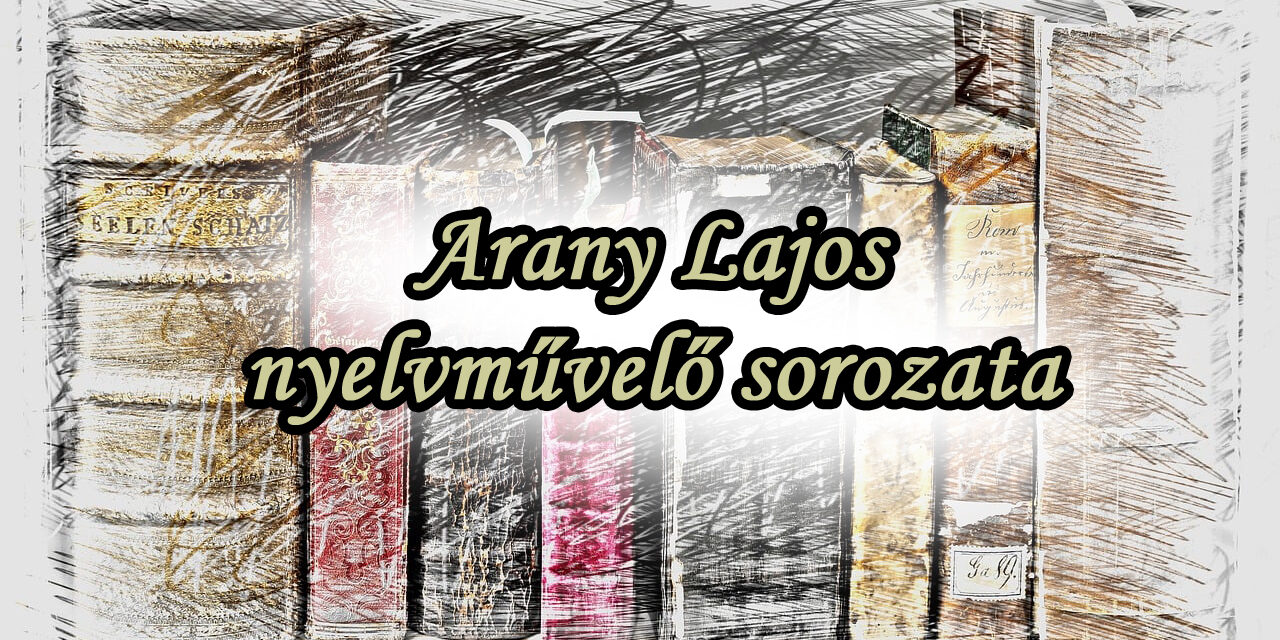Our worn-out, hackneyed, meaningless words are the thing and the to do .
The thing is not only too general in meaning, but also often meaningless. However, today's language use is characterized by this kind of dressing-gown-style communication: "Many people think that teaching is a difficult thing ". In meaningful terms: difficult service, profession, mission . We can observe: in the media, it is almost obligatory to add the following blank sentence to the end of the statement (it even appears in the conclusion of high-level reflections!): "This is the essence of the matter ." the thing is: if it is missing from the text, replace it with a meaningful noun (or leave it out!). The sentence above is therefore clearly: this phenomenon , problem , initiative, case , etc. its essence.
Mass communication pours out a lot of "things". And in everyday speech it is often said: "I can only positive things about him". Exactly: I can only list its favorable qualities . " Board games are This is better: pastime, activity . "Freshmen have a lot to do ". More precisely: freshmen (first-year students of higher education institutions) have many obligations , things to do , things to do . " Superstition thing This is better: a dangerous idea . "A handmade gift is a really good thing ". Exactly: a good idea . " Writing correctly is a difficult thing ." Clearly: a difficult lesson, a complex puzzle . Or: Writing correctly is difficult. "It's a good thing ". That's enough: It's good to go on a trip.
Other colorful and meaningful substitutes the thing action, procedure, thought, busyness, busyness, earning a living, toil (toil), effort, effort, to-do, work, working, assignment, deal, case and so on.
* * *
do appears step by step . Examples from the media: " he doesn't make it a secret that the topic he writes about is his life"; "he who makes a mess cleans up after himself"; " makes trouble for your child's well-being"; "the machine does not apologize when it makes a mistake ". With clear simplicity, omitting this verb: he does not hide that the subject he writes about is his life; whoever makes a mess, makes a mess , cleans up after himself; is concerned about your child's well-being, or: cares about your child's well-being; "the machine doesn't apologize when it makes a mistake ".
At other times, this gray word should be replaced with a meaningful verb. " Makes a school for poor children"; " doing something stupid "; "it doesn't hurt the fly either, it just makes a huge noise "; "a great view makes for an even better appetite "; the singer " makes a great atmosphere !"; "as soon as money comes into his hands, he spends it, and when it runs out, he incurs "; " He makes a wonderful painting out of criss-crosses." Alternatively: establish (or organize ) a school; commits folly ; huge noise , makes noise, makes noise ; the view whets the appetite ; the singer creates atmosphere ; if it runs out, he gets into debt ; creates a wonderful .
The error-accumulating sentence: "my girlfriend has to make " is not uncommon; "Training makes you a fantastic person". make the present for my girlfriend (the past participle of the noun makes it clear who is the doer); and the latter statement - replacing both trite, empty buzzwords with meaningful ones, omitting the indefinite article that is unnecessary here - is as precise as this: The training makes out of you.
In the following structure, on the other hand, the word usage is – exceptionally – precise and correct: he makes a fool (clown) of himself.
The thing is to change the noun thing - for the sake of colorful and sabbatical speech and writing - to a meaningful cognate expression (or to leave it if it's just a filler word): it's an elementary "thing" . More precisely: his task and duty . And don't try ( more precisely: don't do ) to use the verb do too often. Let's leave it, avoid the extended expressions created with it (also), or find a precise verb that fits the context instead! Otherwise, our speech may become ridiculous. Even this kind of communication makes you smile: "A big thing happened on the subway." an event, moment, incident (with the force of novelty) occurred.
The doing itself also gives rise to strange associations. Particularly amusing examples arise from the combination of the two gray buzzwords chosen as the subject: " he didn't really do a great deal "; " It's not a big deal what he's doing ". It's lucky that the spelling was not included in these examples... If for whatever reason it is not left out, these few lines of János Arany's famous narrative poem can easily catch on: "There were big pieces, like a man's fist, / Throwing a piece of wood into the corner of the cellar: / Bright he poked him with his beautiful sword... but / He didn't say what happened - I didn't tell him either".
Author: LAJOS ARANY













